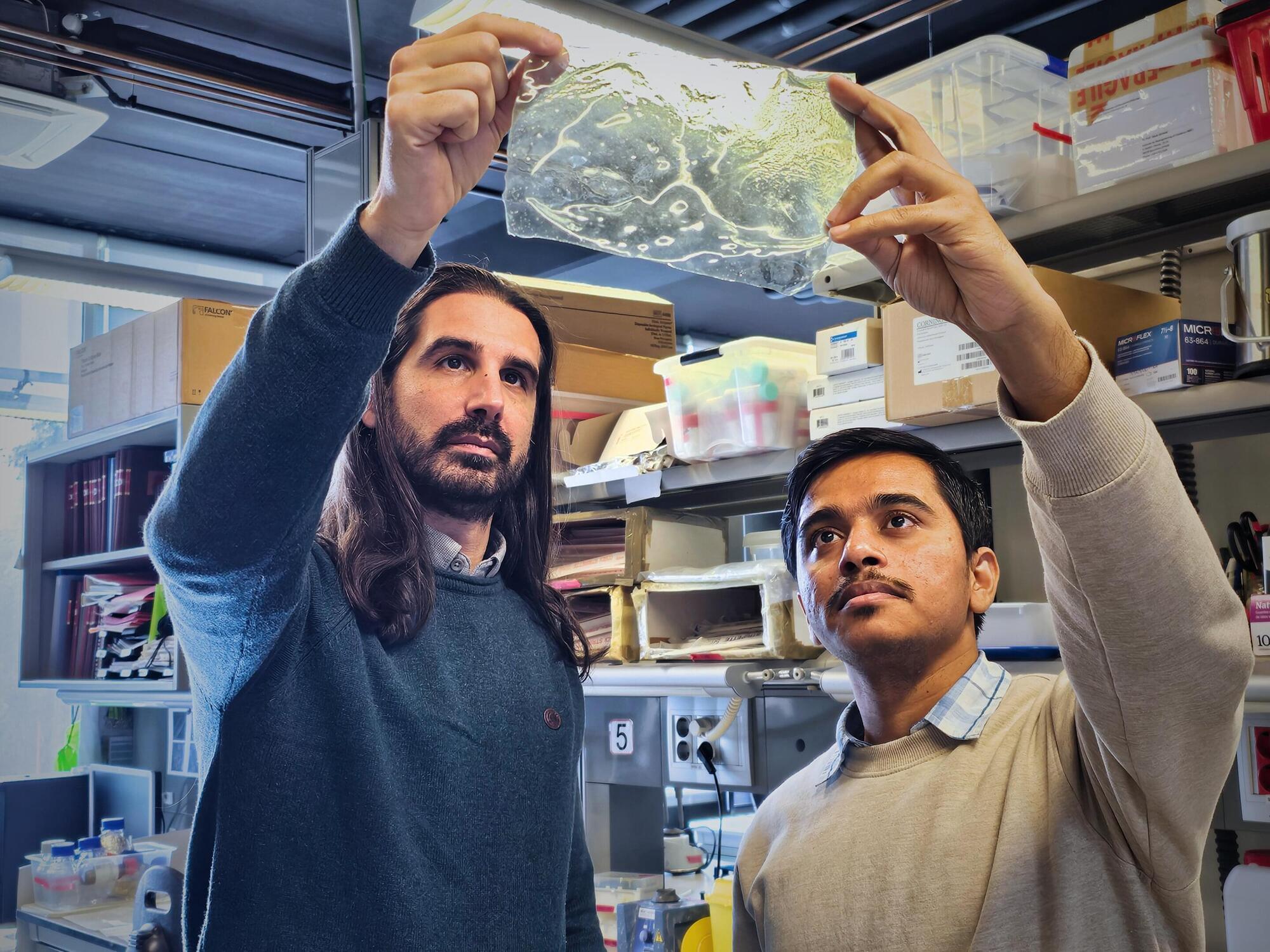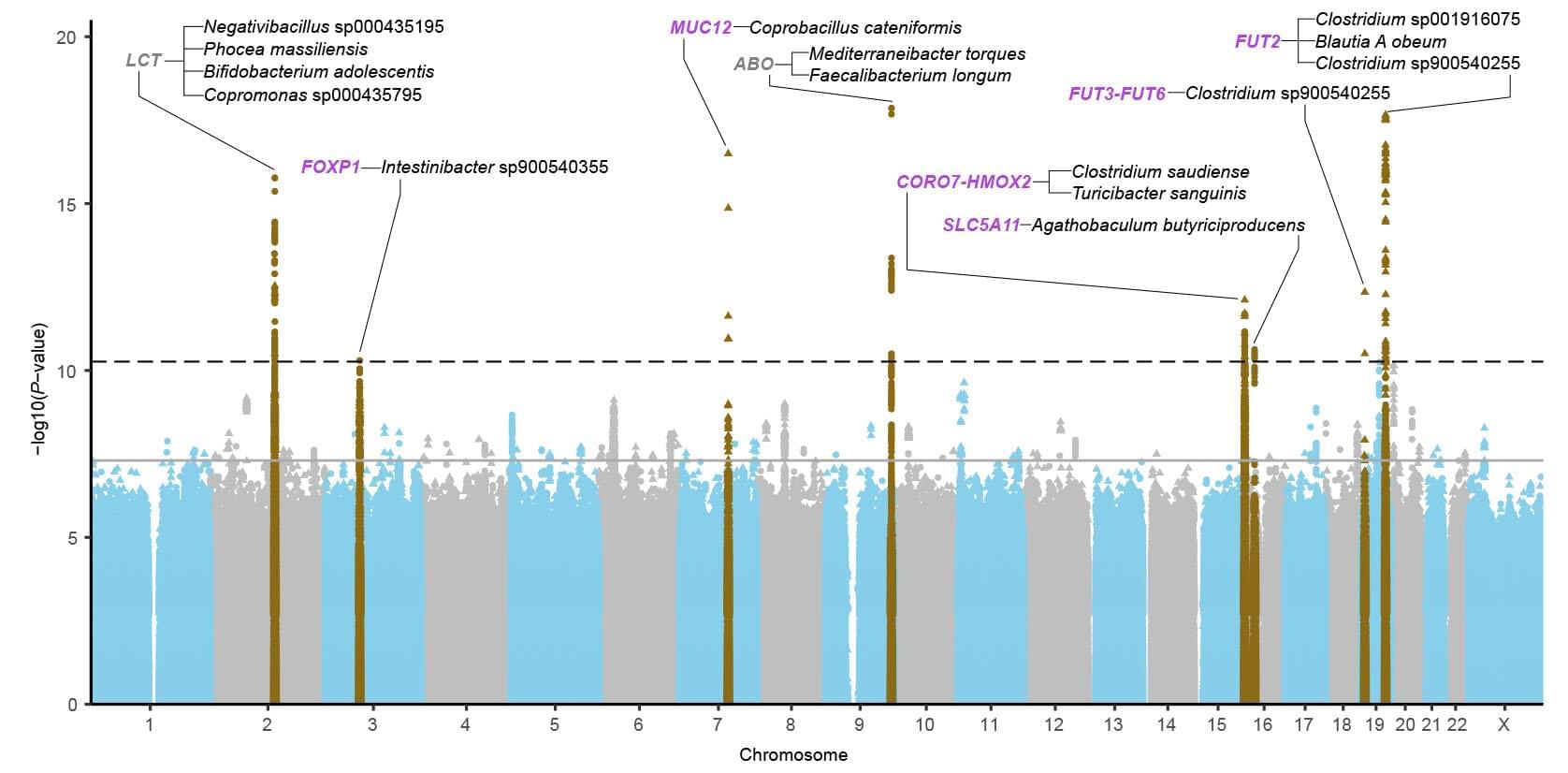Chikungunya virus, a debilitating tropical disease caused by infected mosquito bites, poses a greater health threat in Europe than previously thought because it can be spread when air temperatures are as low as 13°C. Researchers at the UK Center for Ecology & Hydrology investigated the ability of the Asian tiger mosquito to spread the virus, which is rarely fatal but can cause long-term chronic joint pain.
They drew up a map showing the extent of the risk of chikungunya for 10 km-square areas across Europe including the U.K. The risk map shows the threat of virus transmission may last several months of the year in warmer parts of the continent where the tiger mosquito is already established. The research is published in the Journal of the Royal Society Interface.
There were record numbers of local outbreaks of chikungunya in France and Italy in 2025, and the tiger mosquito has also been responsible for increasing numbers of cases of dengue fever in these countries in recent years. This mosquito species is only occasionally detected in south-east England and is not yet established, so the current risk of local transmission in the U.K. remains very low.







